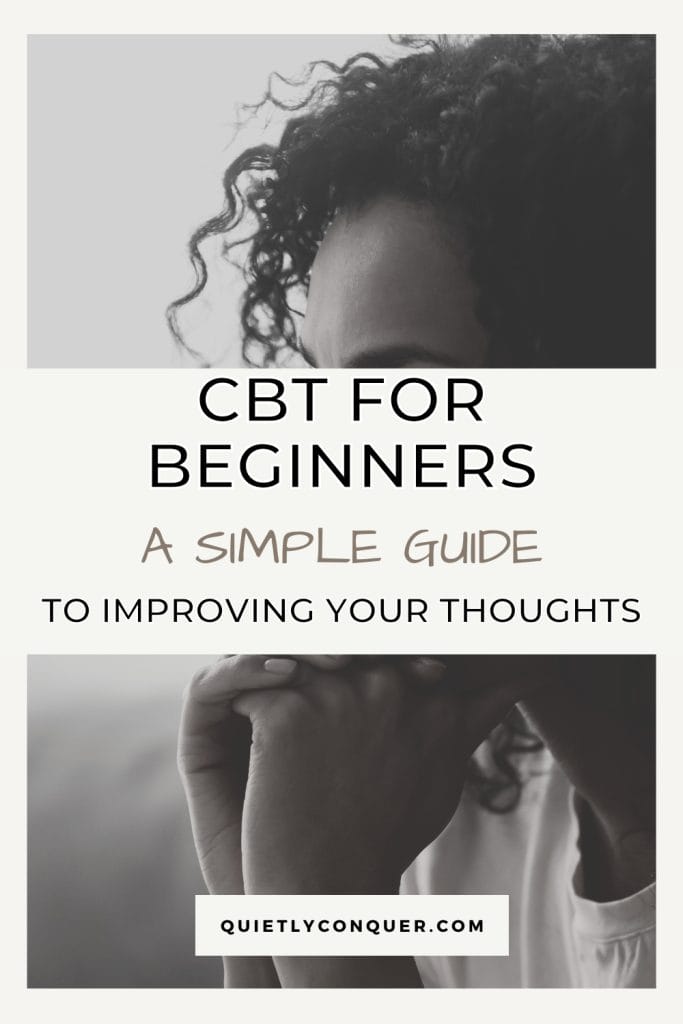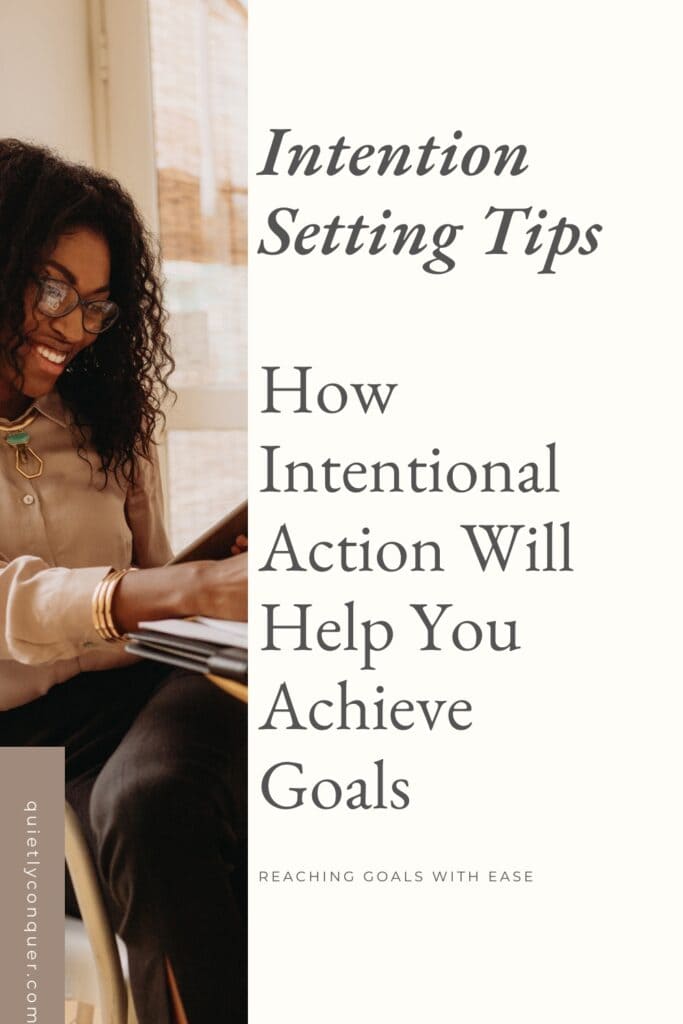Journal Prompts for Low Mood

Journal Prompts for Low Mood
Journaling can help improve your mental wellness and low mood. The act of writing your thoughts and feelings enables you to process worries, anxiety, and find clarity if overwhelmed.
The journal prompts for low mood included at the end of the post can also be downloaded for free so you can start your journaling practice today!
*Affiliate Disclosure: Some links in this post may contain affiliate links. If you purchase something via the link, I may receive a small commission. This doesn't affect the price you pay.
If you have any questions, reach out for a chat [email protected] or check out my other blogs
Table of Contents
Why Journaling Helps
Journaling helps as it provides a way to empty your mind of worries and thoughts that can quietly build up over time. Having these thoughts constantly racing around your head can increase overwhelm, enhance worry and add to an overall feeling of low mood.
When you physically write your worries down, it creates more space in your mind, which brings clarity and a sense of calm. It's so freeing; like taking a long, slow deep breath.
Getting thoughts out of your head and onto paper can be very therapeutic, and is something I often encourage my counselling clients to do between sessions.
When thoughts are trapped in your mind it can be hard to challenge them, or to explore where the thoughts and feelings may be coming from. It's hard to gain perspective if the inner narrative is negative or there's no space to pause and reflect. Through reflecting on how you're feeling and why, you can begin to make sense of them.
Think of your mind like a filing cabinet that's stuffed full of thoughts, feelings worries and fears. You physically can't stuff any more in, and when you're looking for something you cannot find it because it's so unorganised. It can feel quite stressful can't it?
Journaling is the decluttering of your mind. In the same way as decluttering a room or your workspace brings a welcome sense of calm, journaling provides the same relief for your mind.
Tips for Effective Journaling
The beauty of journaling is that there's no right or wrong way to do it. It's simply about getting your thoughts and feelings down on paper (or digital journal). For some, the freedom of writing can lead to writers block. Usually this is related to wanting to get it right, or just being unsure what you should write.
Top tips:
Let Go of Doing it Right
Remember, you're not being marked or judged on what or how you write. It doesn't matter if it doesn't make sense, if there's missing punctuation, or you've made a million spelling mistakes.
It doesn't matter if what you think you've written is boring or too much. Thoughts, especially negative ones, rarely make actual sense. They're usually based on unhelpful and unrealistic beliefs, so it actually makes sense if they seem silly once you've written them down.
Don't be embarrassed with what you write. If you're someone who judges yourself critically, this isn't another excuse to go in on yourself. Writing what naturally comes to you is when journaling can be the most beneficial.
If you're a perfectionist, who is highly critical of yourself, promise yourself that there will be zero judgement of what or how you write. If this is putting you off, choose to not read back what you've written until your feel more comfortable.
Another thing to remember is that that if you use guided prompts (like the journal prompts for low mood includ to guide your thoughts ed in this post), there's no right or wrong way to reflect. The likelihood is, if you use the same prompts on a different day, you'll probably write completely different things!
If you do choose to read back through your words to reflect a little more, do so with compassion and grace. You're interested in understanding yourself, not looking for a way to criticise yourself.
Create a Journaling Routine
As with many things, when working on improving your mental health, it takes time and consistency. When you being journaling, consistency is something that can really help you reflect and improve your mood.
However, consistency needs to feel both achievable and good. Yes it will take a little time to create a habit, but if you set yourself expectations that are far too high, there will be a higher chance that you won't sustain a journaling practice.
Take the time to think about how long you can commit to journaling. Will it be possible to journal every day? WIll you be able to spend 30 minutes or an hour, or will you only have a few minutes each morning or evening to journal?
If you're limited to a few minutes, give yourself a focus so that you can work through specific issues. The journal prompts for low mood can be useful here. You may choose one or two prompts per day and focus your writing on them.
For more tips on creating a journaling routine, take a look at this post I wrote a while back for Gratitude Journaling.
Be Open as You Write
Being open with your feelings is crucial if you want to get the most out of journaling. I get how uncomfortable this can feel at first, especially if you're usually someone who keeps their feelings at bay. I was this person, and it took a long time to move past that inner block.
I find now that when I'm completely honest I get more clarity and calmness, because it's relieved so much pressure in my mind. Sometimes I won't read it back if I've gone quite deep, because I don't want to judge myself for how i felt in that moment.
If opening up feels uncomfortable, it can be a block to journaling. My advice is to start with lighter prompts that aren't as in depth. These can be as simple as describing your day, reflecting on things that came up, or that felt important, and how you felt throughout the day.
Once you begin to feel more confident with your writing, you can begin to explore in more depth.
Commit to writing for a few minutes per day, release any pressure, and learn to find moments of calmness when you sit to write.
Tools, Resources & Support
Journal Prompts for Mental Health – Free Download: 75 Journal Prompts.
Cognitive Distortions Worksheet – Support emotional clarity and build self-awareness with this printable CBT thought distortions worksheet. It's designed to help you (or your clients) challenge negative thinking patterns using practical cognitive behavioural therapy techniques.
Impact Stationery – Have you ever dreamed of creating your own high-end stationery products? Laura has an amazing course & community designed to help you created printed products that you can market on Amazon, or your own website. It's different to KDP in that they're not print on demand, and the quality of products are incredible.
Etsy – Are you ready to create your own online store? Etsy is a brilliant shopping platform that's used by millions. Setting up your store is simple, and when you sign up with this link we both get 40 free listings!
Mindset & Wellbeing Worksheets – Mindset & Wellbeing Worksheets for Children. Children's Worry Worksheets, anxiety tools, 11 printable worksheets, CBT activities, mental health for children, therapy tools, printables.
Worry Worksheets – Help children explore and understand their worries in a gentle and creative way with this printable Worry Worksheet. Designed for counsellors, therapists, teachers, and parents, this activity encourages children to notice how worry affects their thoughts, feelings, and behaviour.
50 Journal Prompts for Low Mood
Below are 50 journal prompts for low mood. Use these to guide your writing and reflections. You can also download these prompts so you can print and use inside your journal.
Self-Reflection Prompts
- How are you feeling right now? Describe the emotions.
- Describe three things you're grateful for today.
- What is one thing you've accomplished today? Small or big!
- What memory always makes you smile?
- What are your strengths? Describe at least three of them.
- What do you like about yourself? Explore why these stand out for you.
- Identify three personal goals for the next week and explore why they're important to you.
- What is something valuable you have learned recently, and how has it influenced you?
- What is the best compliment you have ever received?
- What do you need to forgive yourself for?
Emotion-Based Prompts
- What do you feel most anxious about? Explore Why this is big for you.
- What triggers your low mood? Use reflections to identify patterns.
- How do you usually cope with stress? Is it effective, or are there alternatives?
- What is something you can do to improve your mood when it dips?
- How do you feel about asking for help? Why do you think this is?
- What are your main fears? How could you address them?
- Who can you talk to about your thoughts and feelings? How does it help?
- What do you need to let go of? How might this change things for you?
- What does happiness look like to you? Describe in depth the feeling and experience.
- What negative thoughts do you need to challenge? Give alternative thoughts to each.
Gratitude Prompts
- Describe three positive things that happened today, and how they made you feel.
- Who are the people you're grateful for in your life? Explain why.
- Describe a challenge you overcame recently. What did this show you?
- Describe opportunities you've had to learn and grow, and their impact on you.
- What is one thing you love about your life? Describe the feelings as you think about it.
- How have you helped someone, and how someone has helped you recently?
- What is your favourite place, and why?
- What are your favourite hobbies, and how can you find more space for these?
- What is a simple pleasure you enjoy day to day?
- What do you love and appreciate about nature?
Life-Focused Prompts
- Describe your dreams for the future, and how these will change your life.
- Where do you see yourself in five years? What's different in your life?
- What steps can you take right now to work towards these goals?
- What is something you've always wanted to learn? How can you make this happen?
- Describe your ideal day. How are you feeling and acting? What makes it ideal?
- What do you need to do to achieve your dreams and goals?
- What is a positive change you can make in your life?
- How can you prioritise what you want to be and do?
- What does success mean to you? What does this look like personally / professionally?
- What legacy do you want to leave behind? What do you want to be known for?
Self-Care Prompts
- What are your favourite self-care activities? Big or small!
- How do you feel after taking time for yourself?
- What can you do to relax and recharge more?
- What healthy habits do you want to introduce and how can you begin?
- What is one thing you can do to prioritise yourself more?
- What does self-love mean to you, and how can you show yourself more love?
- How can you prioritise your wellness when working hard?
- What makes you feel energised?
- What fun activities can you do this week that isn't work related?
- How can you show yourself more compassion and kindness?
Final Thoughts
Journaling is a fantastic tool to help you manage your emotions and improve your general sense of wellbeing.
It can feel uncomfortable for some at first, but the key is to build your confidence and be consistent with your writing.
The journal prompts for low mood are great to help you focus your thoughts and writing, and also handy for those days when your mind is just blank!
I would love to hear how your journaling practice has supported your own mental wellbeing, and your favourite journal prompts. Don't forget, you can download the journal prompts for low mood as well!
If this post helped or you enjoyed reading it, please share one of the images below as it really helps my blog – Thank You!



Meet Lynsey

Hey there! I'm Lynsey, a counsellor, coach and mentor for women who want to create change, but are feeling lost, uncertain and exhausted. With over 7 years’ experience of training, running businesses, and over a decade as a tutor and adult trainer, I've learned the value of a gentle and intentional approach to work and life that energises you without draining all of your energy.
I've lived with ME/CFS since 2011, and since then re-trained as a counsellor, and achieved a distinction for my Masters in Counselling and Psychotherapy Practice; all while running 4 businesses!
How? Improving your mindset, finding acceptance in yourself, and developing a gentle, but solution-focused approach to achieving goals is key. Knowing that it's not about how fast you move, but finding your own pace and trusting that you can achieve your goals in your own way, one step at a time.
If you'd like to know more about working with me, you can email [email protected] or find me on socials (links in the menu)
Have you seen my online store Quietly Conquer – Find DFY templates, downloads and more!






